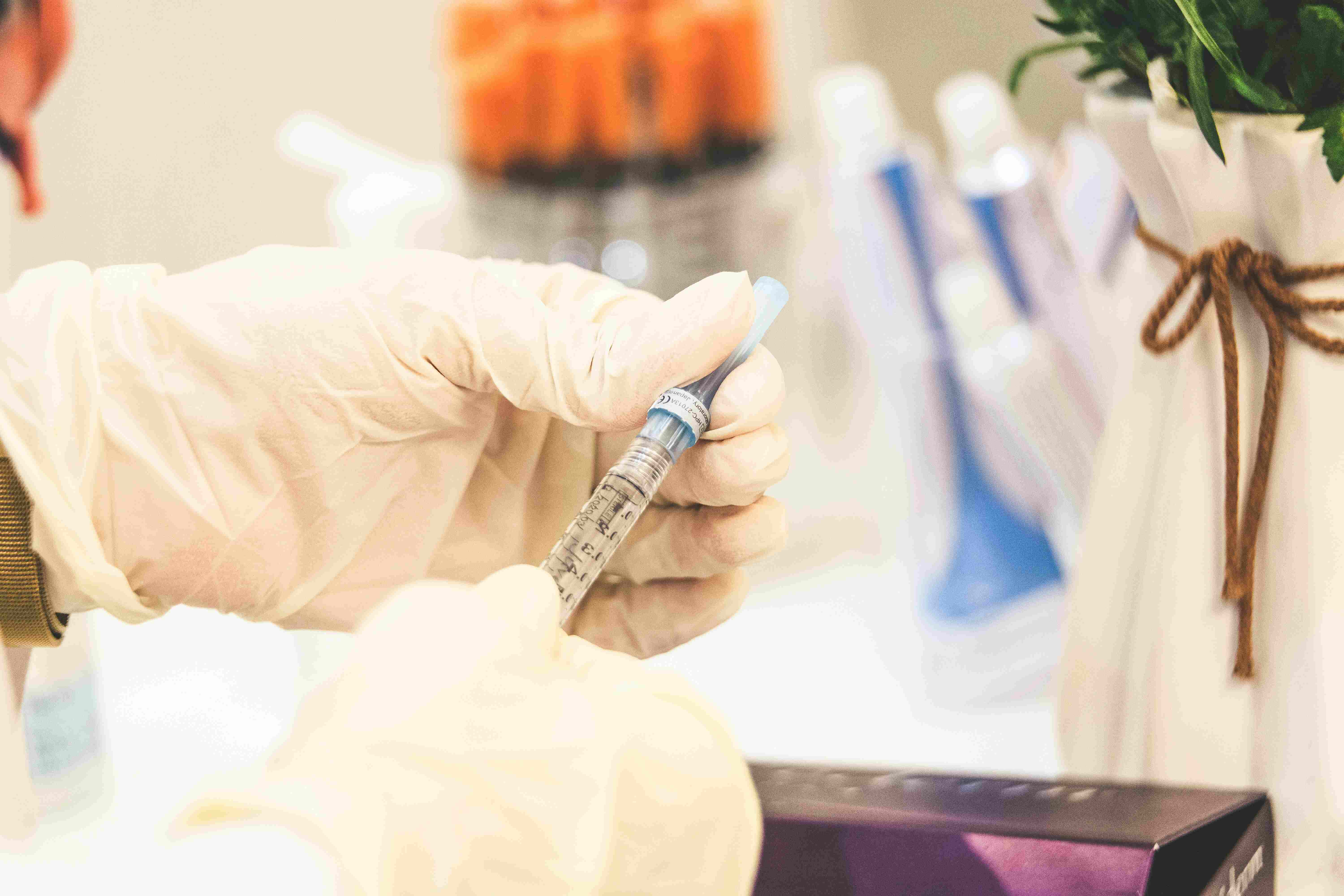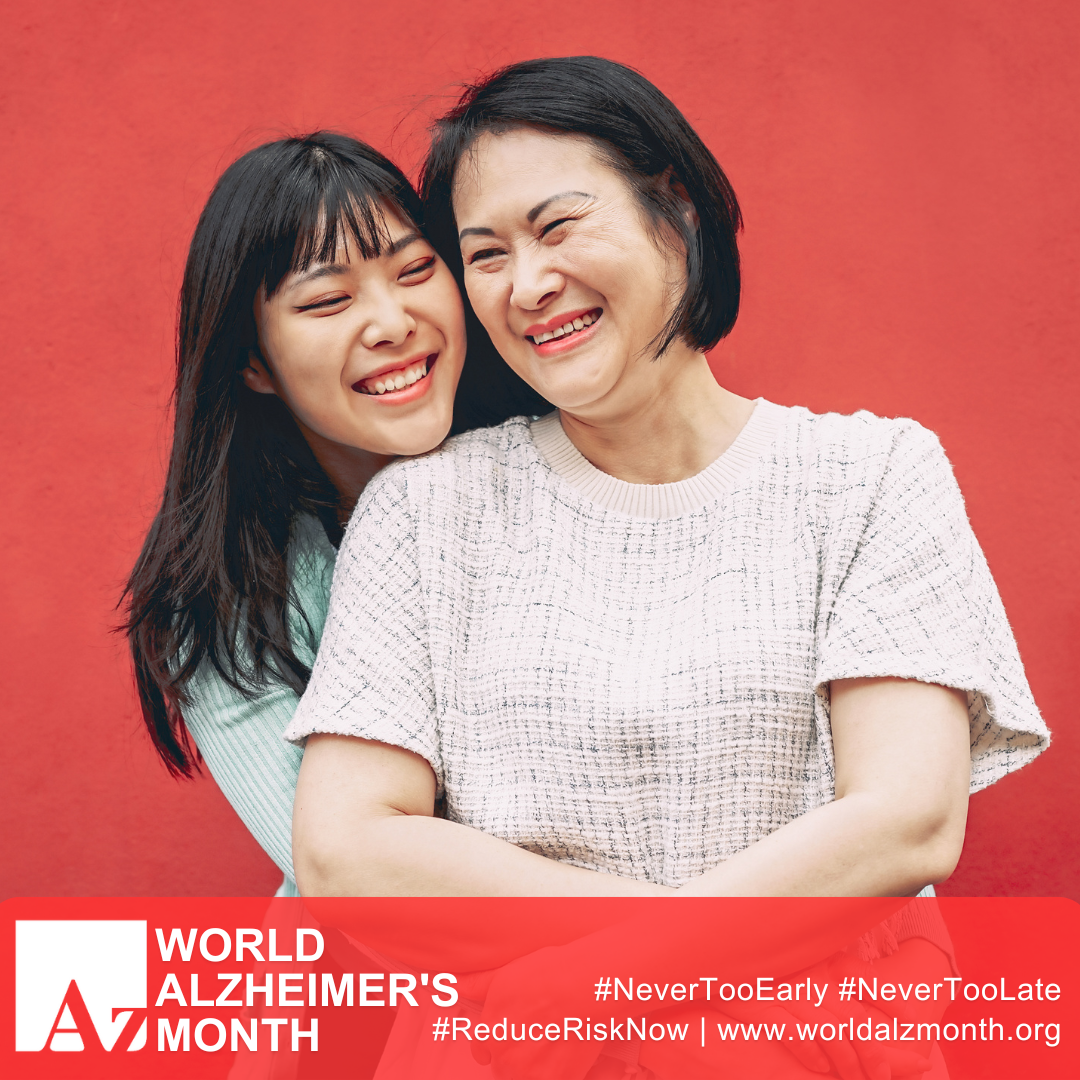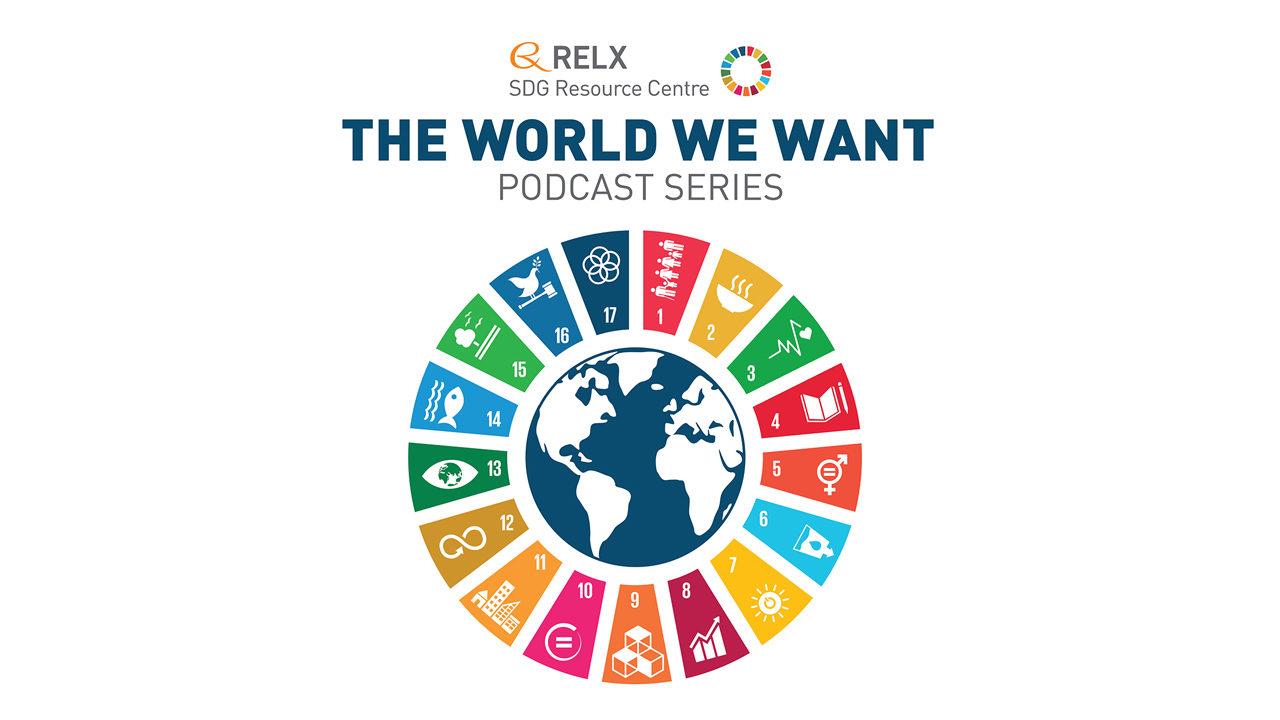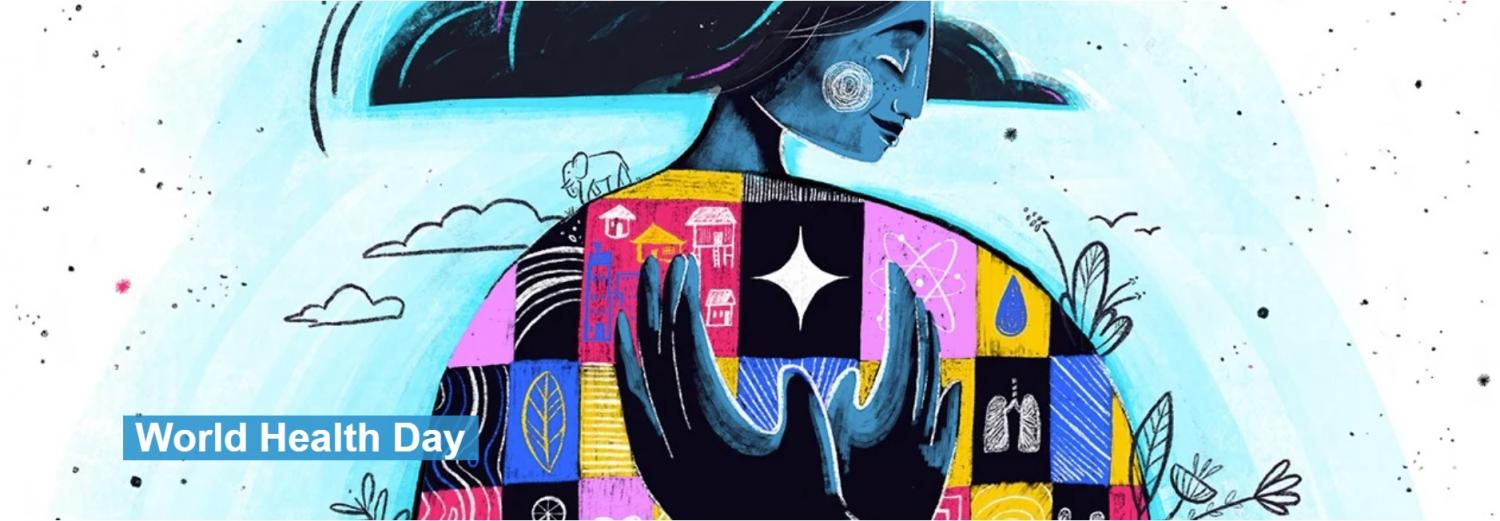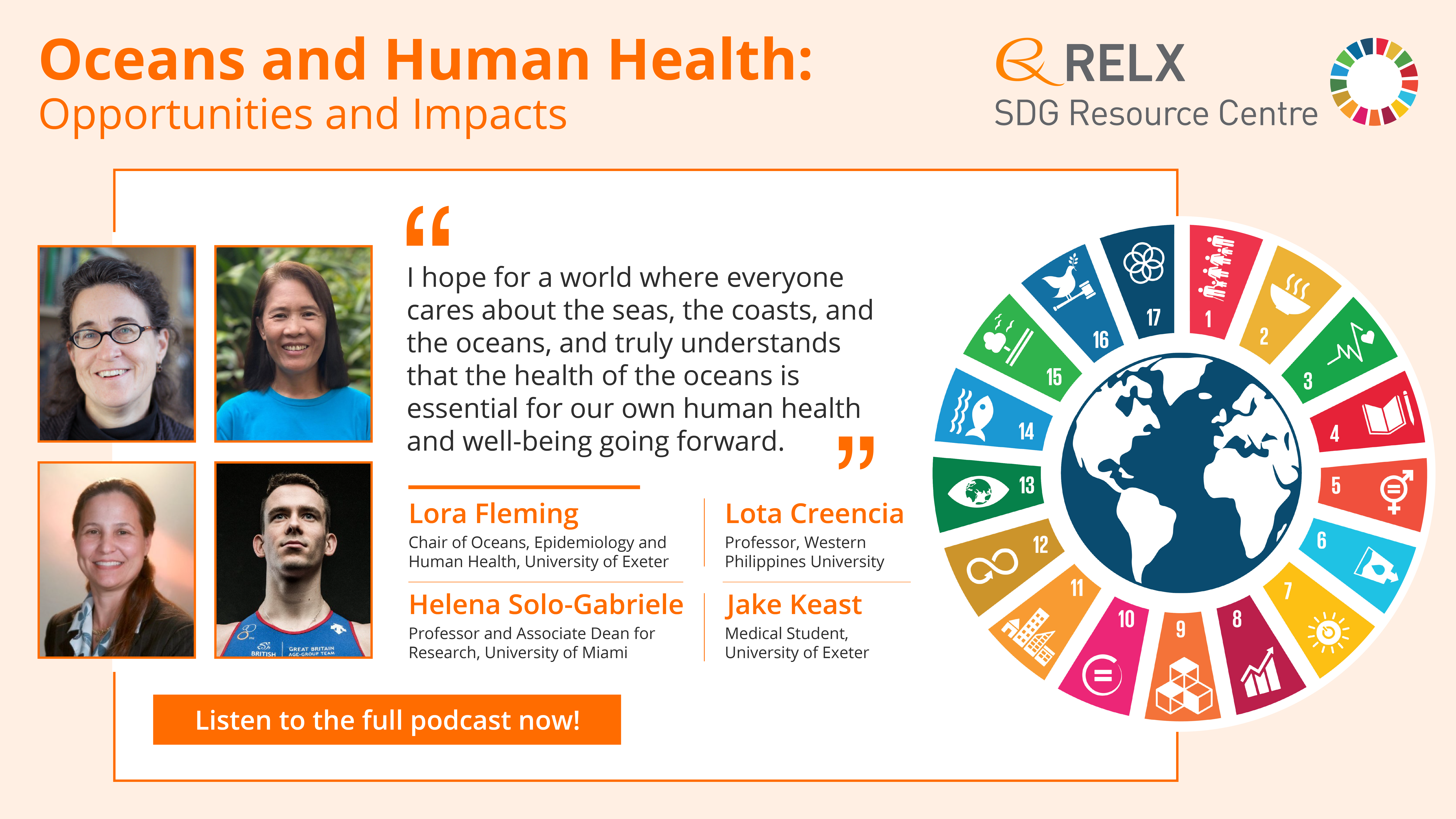Health impact is a vital element in the scope of the Sustainable Development Goals (SDGs). The term "health impact" refers to the effect of a specific action, policy, or environmental change on the health of individuals and communities. It is widely used in health impact assessments, which aim to predict the potential health outcomes of a proposed policy or project.
With reference to the SDGs, health impact is chiefly aligned with SDG 3: "Ensure healthy lives and promote well-being for all at all ages". This goal envisages a world where every individual has access to quality healthcare services and lives devoid of preventable diseases. Such a scenario necessitates careful consideration and evaluation of the health impacts of all developmental policies, programs, and interventions.
However, the relevance of health impact extends beyond SDG 3. For example, the implementation of SDG 11: "Make cities and human settlements inclusive, safe, resilient, and sustainable" can have a significant health impact. By promoting sustainable urban planning, we can reduce air pollution, promote physical activity, and decrease mental stress, thereby positively affecting public health.
Similarly, the realization of SDG 6: "Ensure availability and sustainable management of water and sanitation for all" directly influences the health impact by reducing waterborne diseases and improving hygiene. SDG 2: "End hunger, achieve food security and improved nutrition and promote sustainable agriculture" also has direct health impacts by improving nutritional outcomes.
World No Tobacco Day 2026: Uniting for a Tobacco-Free Future
Every year, on May 31st, World No Tobacco Day serves as a powerful reminder of the devastating impact that tobacco use has on individuals, families, and communities worldwide. Established by the World Health Organization (WHO) Member States in 1987, this global event aims to raise awareness about the dangers of tobacco use and advocate for effective policies to reduce tobacco consumption.
The Toll of Tobacco
World Malaria Day 2026: United Against Malaria
World Malaria Day, celebrated every April 25th, is a crucial event aimed at raising awareness about the global effort needed to defeat malaria. Instituted by WHO Member States during the World Health Assembly in 2007, this day emphasizes the importance of continued investment and sustained political commitment for malaria prevention, control, and elimination.
The Genesis of World Malaria Day
World Neglected Tropical Diseases Day 2026
Event Date: Friday, January 30, 2026
Recognizing Body: World Health Organization (WHO)
Short Event Descriptor: World Neglected Tropical Diseases Day is a WHO-recognized global observance focused on awareness and action related to neglected tropical diseases.
What the Event Is
September 2023 marks the 12th anniversary of World Alzheimer’s Month, our international campaign to raise awareness and challenge stigma. In 2022, over 111 countries took part in advocacy, fundraising and awareness raising events for World Alzheimer’s Month, with many working to raise general awareness and call for further support for those most affected in their communities. The month of activities shows a truly global, regional, national and local level response to promote dementia awareness and what we can do to help support those living with the disease, now and in the future.
World Health Day: Essential SDG Resources for a Healthier Planet
World Health Day is an annual event celebrated on the 7th of April, aimed at raising awareness about the importance of global health and drawing attention to key health challenges. Organised by the World Health Organization (WHO), this day is an opportunity for individuals, communities, and organisations worldwide to come together and work towards achieving the Sustainable Development Goals (SDGs) related to health.
Brain Responses to Auditory Mismatch and Novelty Detection, First Edition, 2023, pp 271-314

